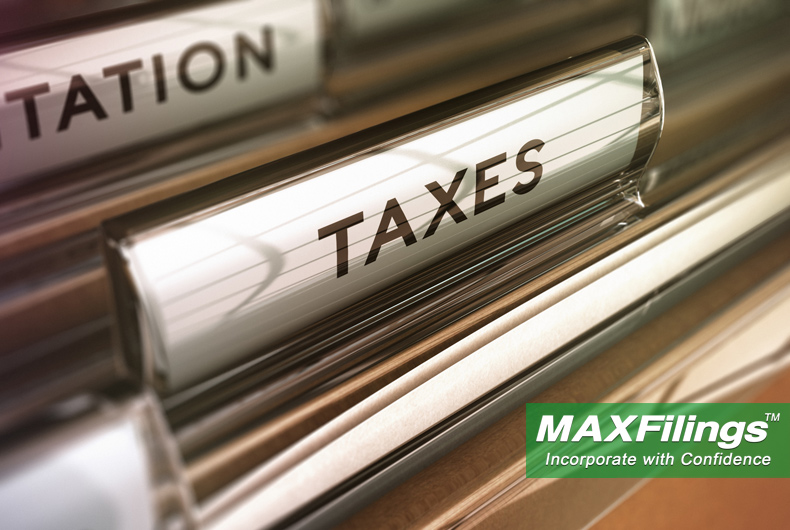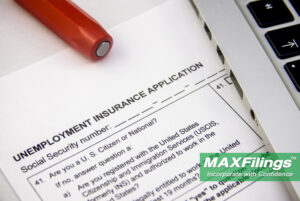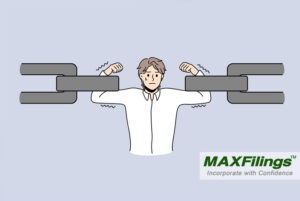
With a historic year winding down, some things stay the same—namely, the need to get your taxes organized and paid by April 15. In 2020, even this typically hardset deadline was pushed back due to the pandemic. However, don’t count on that being the case again in 2021.
Small business tax prep is no easy task and it differs depending on your industry, but there are some basics that all entrepreneurs have to follow.
Tip #1: Have your taxes set aside
You already have an estimated tax bill if you’ve been in business for a year or more. If you’re a startup, you can reduce your liability with a number of deductions that are unique to businesses just getting off the ground. And if you’re short on funds due to the chaos and hardship of this past year, you can work on an extension to get financing.
In general, most businesses will have a general idea of what they’re going to owe the IRS, and everything will go much smoother if those funds are already set aside long before the tax deadline arrives.
Tip #2: Review your accounts
Growing businesses see spending categories and income sources change as they adjust to new opportunities. This may provide you with additional deductions, but only if the details of your balance sheet are in order.
The most common way to find deductions is to look at what you did last year. But if last year’s spending and income categories no longer fit, then you’ll miss out on new possibilities for tax savings.
Tip #3: Make sure worker classifications are in order
You may think you know who is a freelance worker and who is a regular employee. But be sure that events over the past year didn’t subtly change. For example, did that freelancer who used to do a few one-off projects a year suddenly start working 30-plus hours for you on a variety of tasks? You might have been paying them as a freelancer, but the IRS might consider them an employee.
In this case, that means a whole host of changes. You might owe back taxes for Social Security, Medicare and workers’ comp to start. If you classified them correctly at the outset…well, you’ll still owe the money, but there will be a lot less hassle, interest payments and penalties.
Tip #4: Consider investment opportunities
Is there any business equipment you were thinking about buying? Now might be a good time to do so. At the very least, tax-deductible purchases can be done now and save you money immediately. If you’re in a situation where your estimated bill is higher than you expected, this can be a good way to take some of the money back.
Tip #5: Review depreciation
Finally, take a look at your current assets. Everything from your business computer to a printing press to company cars to whatever else might be applicable in your situation. As the value of those assets depreciates, you can take a tax deduction. Make sure your accountant is aware of all the possibilities for a depreciation allowance.


